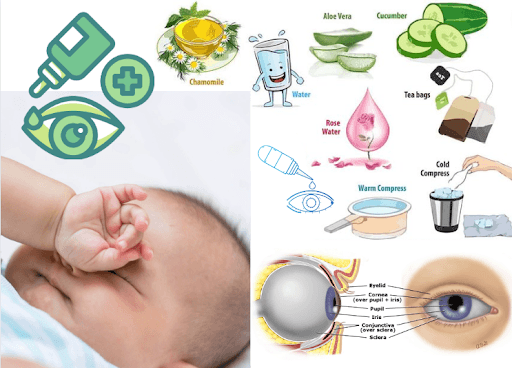
PKU affects one out of every 15,000 babies in the US, although it is less common in India. As a parent, it’s important to be aware of this rare disease and the harm it can cause to your baby’s developing brain. Even seemingly healthy babies should undergo a PKU test to detect the condition early.
In this article, we’ll discuss the procedure for conducting the test, the health issues caused by PKU, and how you can help your child if they have the condition.
What Is A PKU Screening Test?
A blood test for PKU is given to newborns 24–72 hours after birth. Phenylketonuria (PKU) is a rare disorder where the body can’t break down phenylalanine (Phe) found in foods and aspartame.
Eating these foods can lead to a buildup of Phe in the blood, causing long-term harm to the nervous system and brain.
Health issues linked to high Phe levels include seizures, psychiatric problems, and severe intellectual disability.
Why is it necessary to do this test?
If PKU isn’t diagnosed and treated right away, it can lead to long-term complications, such as:
- Delays in development
- Hyperactivity
- Lower IQ
- Mental illness with severe consequences
- Mood disturbances
Risk factors of PKU

If both parents are carriers of the defective PKU gene, their child will be born with the disease if they receive one copy from each parent.
Each pregnancy has the following possibilities when both parents are carriers:
- There is a 1 in 4 chance of having a child who is affected.
- There’s a 2 in 4 chance of having a carrier child.
- There’s a one-in-four chance of having a child who isn’t a carrier.







